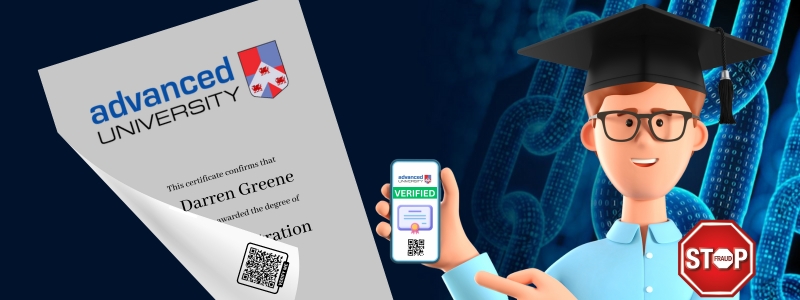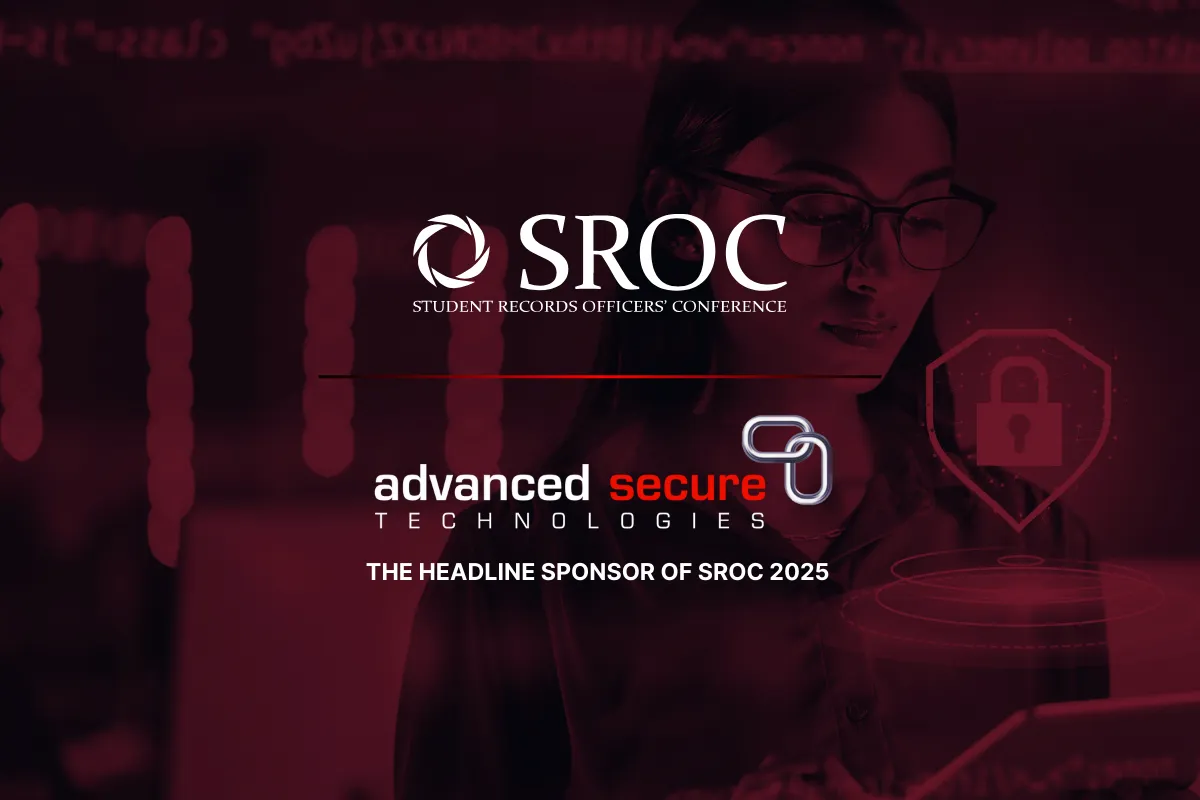Understanding qualification fraud, why does it exist?
In a world where formal qualifications hold increasing value and job markets grow more competitive, the attractiveness of obtaining a ‘quick fix’ qualification may be tempting. During the academic year 2021/22, HESA reported a total of 919,940 qualifications were awarded by Higher Education Institutes. This represents a 9% growth from the previous year.
The increased demand for credentials has created a profitable opportunity for fraudulent activity. This practice, commonly known as degree or diploma mills, involves creating and selling fake certificates.
Degree mills are defined as organisations claiming to operate as quality educational institutions offering illegitimate qualifications for a fee. Forbes estimates the degree mill industry is worth a staggering £5.5bn each year. This figure underscores the dangers to the reputation and integrity of education providers across the world.
It is important to note that having a fake degree or qualification certificate is not illegal (Forbes). The illegality arises when the fake certificate is used for committing fraud, such as making job applications or securing a higher-paying position.

What are degree mills?
Degree mills exploit the demand for formal qualifications. They offer a convenient solution to people who don’t have the time or resources to get a certified qualification. Whilst some individuals actively seek these fake documents many others are deceived into believing their legitimacy. Degree mills masquerade as accredited institutes developing landing pages and certificates that look just like the real thing, undermining the value of its formal counterpart and the education sector.
The impact of fraud on the education sector and wider society
The degree mill industry has far-reaching consequences, eroding the quality and reputation of education providers across the world whilst diminishing the value of accredited degrees and qualifications.
The negative impacts extend beyond the institution to the students, graduates, and society. These fake degree documents erode the hard work, dedication and trust of students and the higher education system by allowing individuals to pose as real graduates without the level of theory and knowledge.
Earlier this year The Guardian reported a bogus doctor, Zholia Alemi who was found guilty of degree fraud, having falsified a psychiatry degree to pursue a 22-year career in the NHS. After investigation, it was found that Alemi had only completed part of the degree back in New Zealand yet was accepted for several promotions within the NHS over the two decades.
One of the major failures within this case was the lack of official verification and attention to the misspelling of ‘verify’ as ‘varify’; a common feature in fraudulent degree documents although often overlooked.
The Alemi case is a compelling example of the risk’s degree fraud can have on the health and welfare of the public. Drawing attention to the weaknesses within degree verification processes, and the level of threat posed to trusted universities and healthcare professionals who have met strict education standards.
Not only does this case indicate the consequences on individuals’ health, but it also reiterates the damaging nature of degree mills by undermining the integrity of degrees, universities, and the education system. Highlighting the need to ensure advanced verification solutions are widely available to education providers and recruiters.

Preventing fraud with secure certification technologies
Securing the integrity of educational institutions against degree fraud requires widespread education for recruiters and individuals.
Each organisation has their own unique certificate design with unique security features which poses challenges in identifying their validity. Educating individuals on the signs of a fake degree (including misspellings) and providing them with the tools to securely verify documents is the first step in preventing degree fraud.
In the past, organisations have relied on lengthy, slow processes to support 3rd party verification checks for degrees and certificates. Advanced Secure Technologies’ innovative solutions including Blockchain Paper® and Digital Certificates Solution enables instant self-service verification of all document types confirming the authenticity of a document and the awarding institution.
These solutions use secure blockchain technology to provide world-leading certificate security. Making it impossible for fraudsters to edit or replicate certificates, guaranteeing their long-term value and protecting the integrity of the issuing organisations.

Summary
As the demand for formal qualifications increases, so does the attractiveness of obtaining a fake qualification offered by degree mills. The industry’s growth threatens the integrity of education and the value of accredited qualifications achieved by genuine students.
By educating recruiters and individuals on the signs of fraudulent documents and adopting secure verification technologies the impact of degree mills on society and the education sector can be limited.
Protect your certificates
Enquire today to find out how we can secure your certification documents and processes.




